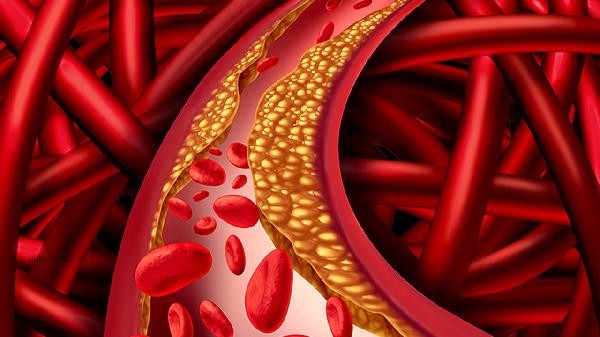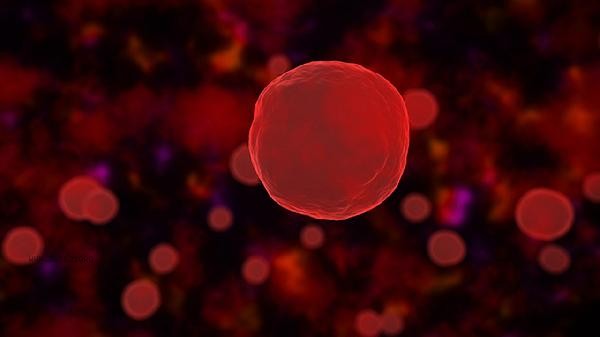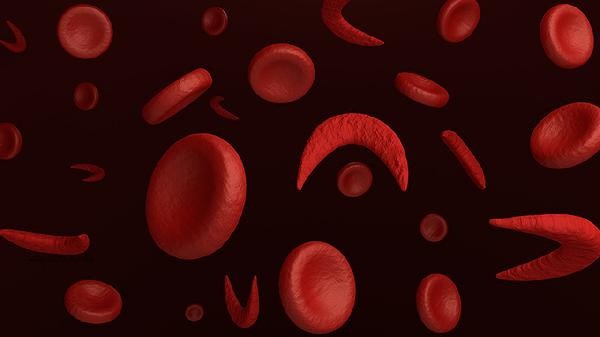The average volume of red blood cells is slightly high at 103, which may be caused by iron deficiency anemia, vitamin B12 deficiency, chronic liver disease, hypothyroidism, or excessive alcohol intake.

1. Iron deficiency anemia:
Iron deficiency anemia is a common cause of increased average red blood cell volume. Insufficient iron can affect hemoglobin synthesis, leading to compensatory increase in red blood cell volume. Typical symptoms include fatigue, dizziness, and pale complexion. Diagnosis can be confirmed through serum ferritin testing, and treatment requires supplementation of iron and adjustment of dietary structure.
2. Vitamin B12 deficiency:
Vitamin B12 is involved in red blood cell DNA synthesis, and long-term deficiency can lead to megaloblastic anemia. Commonly seen in vegetarians or patients with gastrointestinal absorption disorders, accompanied by symptoms such as numbness in the hands and feet and glossitis. Diagnosis requires serum vitamin B12 testing, and treatment includes intramuscular injection of vitamin B12 and dietary improvement.
3. Chronic liver disease:

Liver disease can affect lipid metabolism and red blood cell membrane stability, leading to an increase in red blood cell volume. Cirrhotic patients often have splenic hyperfunction, which may be accompanied by symptoms such as jaundice and ascites. It is necessary to combine liver function examination and imaging diagnosis, and treatment should be managed according to the primary disease.
4. Hypothyroidism:
Thyroid hormone deficiency can slow down bone marrow hematopoietic function and cause large cell anemia. Patients often have symptoms such as fear of cold, weight gain, and dry skin. Diagnosis can be confirmed through thyroid function examination, and thyroid hormone supplementation and regular monitoring of hormone levels are required.
5. Alcohol effects:
Long term excessive alcohol consumption can directly damage bone marrow hematopoietic function and interfere with folate metabolism. An increase in red blood cell volume may be accompanied by abnormal liver function, and many indicators can gradually recover after quitting alcohol. It needs to be improved by quitting drinking and supplementing with B vitamins.

It is recommended to regularly review blood routine and complete related examinations such as iron metabolism and vitamin B12. Pay attention to a balanced diet in daily life, increase intake of foods rich in iron and B vitamins such as lean meat, animal liver, and dark green vegetables. Avoid long-term alcohol consumption, and those with thyroid dysfunction should follow medical advice to take medication in a standardized manner. Moderate aerobic exercise can improve blood circulation, but patients with severe anemia should avoid vigorous exercise. When symptoms such as persistent fatigue and palpitations occur, seek medical attention promptly.









Comments (0)
Leave a Comment
No comments yet
Be the first to share your thoughts!